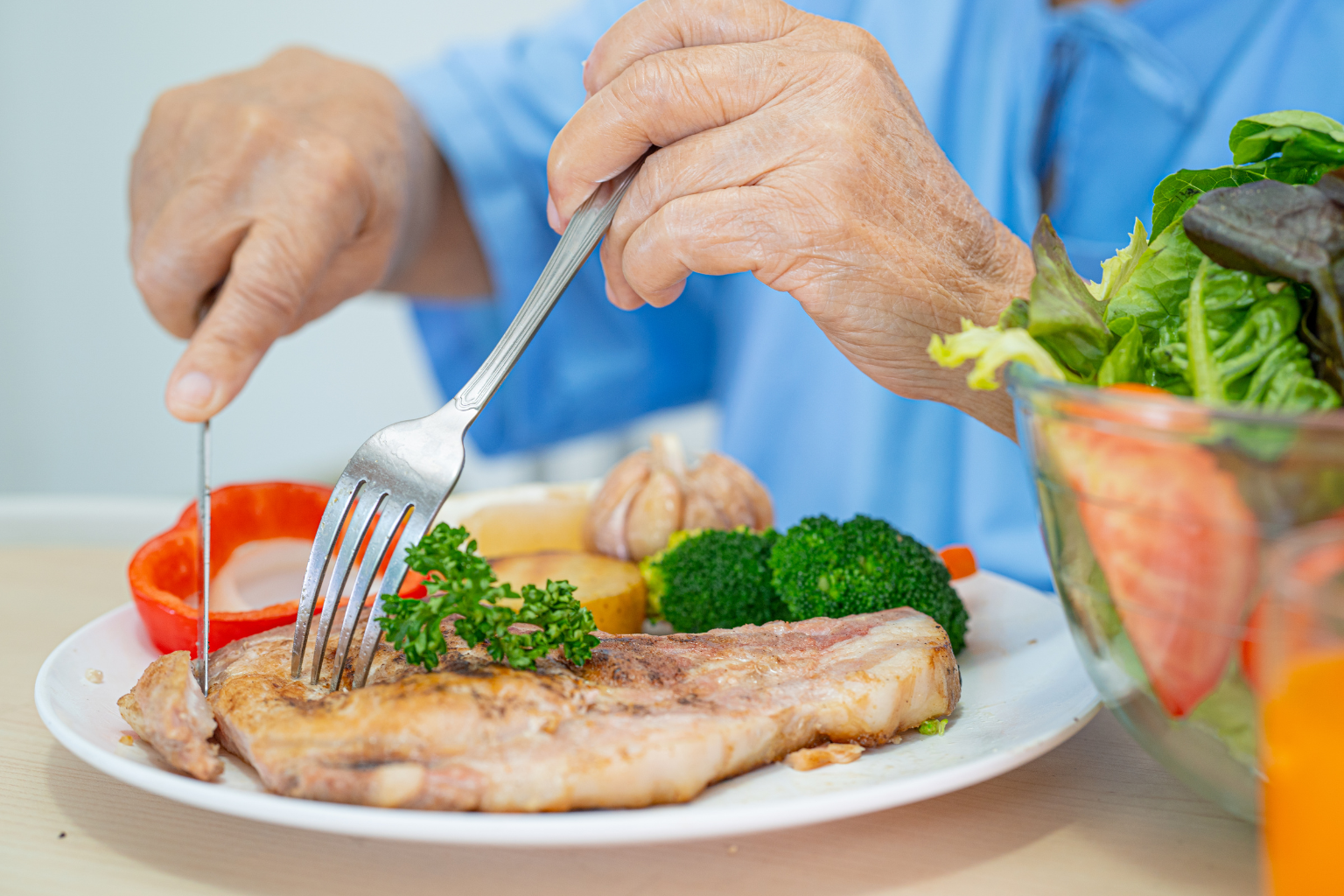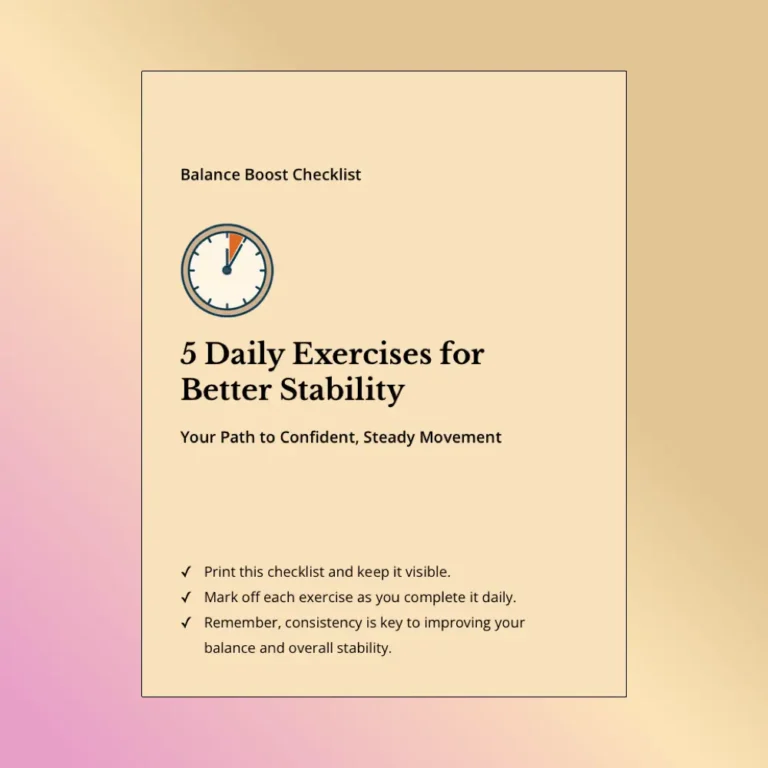
Highlights

As we journey through the golden years, the simple act of enjoying a meal can become a challenging experience for many older adults. Loss of appetite isn’t just a minor inconvenience; it can lead to significant health concerns, including anorexia and unintentional weight loss. This article explores effective appetite stimulants for elderly patients, offering a comprehensive approach that combines the power of nutrition, social interaction, and emotional well-being.
The reasons behind decreased appetite in elderly individuals are as diverse as the individuals themselves.
The consequences of poor appetite can ripple through an older adult’s life. Nutritional deficiencies can lead to unintentional weight loss, muscle wasting, and weakened immunity. These physical changes can, in turn, affect emotional well-being, leading to a cycle of decline. What’s more, appetite loss in the elderly can rob seniors of the joy associated with food, transforming meals from moments of pleasure into tasks to be endured.
Mother Nature has provided us with an array of natural appetite stimulants that can make you want to eat.
Certain nutrient-rich foods can help older adults regain their appetite and promote weight gain.
The presentation of food also plays a key role in stimulating appetite. A colorful plate not only pleases the eye but also promises a variety of flavors, making meals more enticing for elderly patients.
There’s no one-size-fits-all solution when it comes to nutrition for older people. Consulting with a healthcare professional can help create personalized meal plans that cater to individual tastes, dietary restrictions, and nutritional needs.
A good nutrition plan takes into account:
By addressing these factors, a dietitian can develop eating strategies that are both enjoyable and nourishing for elderly patients experiencing appetite loss.
In some cases, high-calorie supplements may be necessary to boost nutrient intake and help increase weight.
According to a systematic review, appetite stimulants or high-calorie supplements for the treatment of anorexia can be effective when used appropriately under the guidance of a healthcare provider.
The ambiance in which we eat can significantly influence our appetite. Eating alone can often lead to disinterest in food for elderly individuals.
One study found that elderly patients who eat with others consume up to 50% more food than those who eat alone. The conversation, laughter, and shared experience make meals more than just about nutrition—they become social events to look forward to for older adults with decreased appetite.
Making meals appealing isn’t just about the food itself; it’s about the entire mealtime experience. Here are some lifestyle changes to stimulate appetite:
Small changes can make a big difference in geriatric nutrition. Even something as simple as using a tablecloth, playing soft background music, or setting the table nicely can transform mealtime from routine to special for older adults with loss of appetite.
For a practical approach to meal preparation and inspiration, check out this helpful video on healthy meals for seniors.
This video demonstrates how to create delicious and nutritious meals specifically designed for elderly individuals, with emphasis on flavor and simplicity to stimulate appetite and increase food intake.
Not every case of decreased appetite is harmless. Recognizing when to seek medical advice is crucial for elderly patients. Symptoms that may warrant a doctor’s visit include:
Other warning signs include:
When preparing for a visit, consider keeping a food diary that tracks eating habits and any accompanying symptoms. Questions to ask your healthcare provider may include:
It’s helpful to bring a list of all current medications, including over-the-counter drugs and supplements, to your appointment. This information can help your doctor identify potentially inappropriate medication use in older adults that might cause appetite loss.
Sometimes natural remedies aren’t enough to address severe appetite loss. In these cases, healthcare providers might recommend prescription appetite stimulants. Here are some medications that may be used to treat decreased appetite in older adults:
Mirtazapine is an antidepressant that is sometimes used as an appetite stimulant due to its side effect of increasing hunger. It’s often prescribed for elderly patients who have both depression and appetite loss. According to the American Geriatrics Society, megestrol acetate and mirtazapine are sometimes used for appetite stimulation in frail elderly individuals, though they should be used with caution.
Dronabinol, a synthetic form of THC (the active compound in cannabis), is used off-label to stimulate appetite in elderly patients. Studies have shown it can help increase appetite and weight gain in older adults with anorexia or cachexia. However, it may cause side effects including dizziness and confusion, which can be problematic in geriatric patients.
This progestin medication was originally developed for cancer treatment but is now commonly used to increase appetite and weight in elderly individuals with unintentional weight loss. The use of megestrol acetate should be carefully monitored as it can cause fluid retention and other side effects.
Cyproheptadine is an antihistamine that has been used as an appetite stimulant for elderly patients. It works by blocking serotonin receptors, which can make you want to eat more. However, its efficacy and safety in the geriatric population requires careful consideration by healthcare providers.
It’s important to note that all prescription appetite stimulants come with potential risks, and the American Geriatrics Society has flagged some of these medications in their criteria for potentially inappropriate medication use in older adults. Before starting any appetite stimulant medications, healthcare professionals should clarify patient goals and expectations regarding treatment for unintended weight loss.
Physical activity plays a crucial role in stimulating appetite in older adults. Even light exercise can help increase appetite and weight gain. For elderly patients in care facilities, engaging activities for seniors in nursing homes can provide both physical stimulation and social interaction that may improve appetite.
Some beneficial activities include:
These activities not only help stimulate appetite but also contribute to overall physical and mental well-being in elderly people.
Seniors with dementia face unique challenges when it comes to maintaining adequate nutrition. Loss of appetite is common in older adults with dementia, and they may forget meals or have difficulty expressing hunger. According to research on safe and effective appetite stimulants for seniors, approaches for these patients may include:
For dementia patients, medications like mirtazapine may sometimes be used to increase appetite, but non-pharmacological approaches are typically tried first due to concerns about medication side effects in this vulnerable population.
It’s important to recognize that decreased appetite is common in older adults approaching the end of life. In these situations, the focus often shifts from trying to increase appetite to ensuring comfort and quality of life. Healthcare providers and family members should optimize social supports and respect the individual’s wishes regarding food and drink.
How quickly should I expect to see improvements in appetite? Every person is different. Some may notice changes within days of implementing new strategies, while others might take weeks. Consistency is key—try to maintain new routines for at least three weeks before evaluating their effectiveness.
Can medications help stimulate appetite in the elderly? Yes, in some cases. Appetite stimulant medications like mirtazapine or megestrol acetate may be prescribed, but they come with potential side effects and aren’t right for everyone. Always discuss medication options thoroughly with a healthcare professional.
What if my loved one has dementia and forgets to eat? For seniors with dementia, regular reminders, consistent routines, and simplified food choices can help. Visual cues, such as seeing the food and watching others eat, can also trigger the desire to eat. In advanced cases, assistance with feeding may be necessary.
Are liquid nutritional supplements a good solution for elderly patients? While supplements can provide needed nutrients, they shouldn’t completely replace real food without medical guidance. Many commercial supplements are high in sugar and artificial ingredients. If using high-calorie supplements for treatment of anorexia, look for high-quality options and try to incorporate them into recipes—like using them in smoothies with fresh fruit.
Appetite loss in older adults is a complex issue that can be effectively addressed through a comprehensive approach. By understanding the underlying cause and employing natural appetite stimulants, personalized nutrition plans, and fostering social dining experiences, elderly patients can reclaim their joy of eating. Remember, improving nutrition isn’t just about what’s on the plate; it’s about creating an environment that encourages connection, flavor, and joy.
The path to better appetite and nutrition may have its challenges, but with patience and creativity, older adults can rediscover the pleasure of eating. Whether it’s through adding vibrant herbs to dishes, joining a community meal program, or simply making mealtime a more social experience, there are many safe and effective ways to rekindle the relationship with food and stimulate appetite in elderly people.
We’d love to hear your own tips and experiences regarding appetite stimulants for the elderly in the comments below. What strategies have worked for you or your loved ones? For more insights on senior health and nutrition, subscribe to our newsletter and stay updated on the latest articles on helping elderly patients with decreased appetite.
